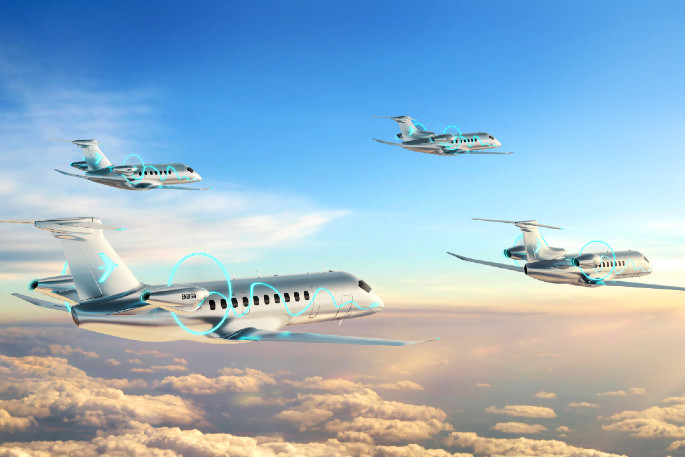Universal Hydrogen, Embraer and Heart Aerospace join Airbus and ATR as the long-term partners Air New Zealand is currently working with on its mission to replace its Q300 domestic fleet with a more sustainable option from 2030.
These partners will work alongside Air New Zealand to accelerate the development and introduction of zero emissions aircraft technology for regional fleet in New Zealand.
Air New Zealand chief sustainability officer Kiri Hannifin says working with the world’s leading innovators is critical to addressing the climate crisis.
“Through our partnerships with Airbus and ATR, we’ve been able to deepen our understanding of the impact green hydrogen and battery hybrid aircraft may have on our network, operations and infrastructure, as well as the opportunities and challenges of flying low and zero emissions aircraft in New Zealand.
“Adding Universal Hydrogen, Embraer and Heart Aerospace will broaden our knowledge of the technologies being developed for potential future aircraft.”
“This isn’t about selecting a new aircraft. It’s about growing our collective understanding to advance a new era of travel. These partners were selected because they are taking action now to progress decarbonising the aviation industry,” says Kiri.
Air New Zealand’s long-term partners are developing green hydrogen and battery-hybrid aircraft with between 30 and 200 seats.
Air New Zealand has also teamed up with Victoria University of Wellington’s Robinson Research Institute to help the airline evaluate and validate aircraft propulsion technology as concepts develop and mature.
The research institution is a world-leader in developing power electronics and superconducting machines and is currently working on their application to the aviation industry.
“Air New Zealand will work with Paihau – Robinson Research Institute to ensure new aircraft technology can be integrated into New Zealand’s future air transport system.”
While zero emissions aircraft technology will help decarbonise the airline’s domestic network over the period to 2050, Sustainable Aviation Fuel is critical in the near term, particularly for the long-haul fleet.
SAF is a ‘drop in’ fuel which when combined with jet fuel can power the airline’s current aircraft.
This can reduce emissions for long haul travel and domestic flights while the airline continues to operate conventional aircraft. The inputs and processes used to make SAF result in lower lifecycle emissions than fossil jet, with the opportunity to generate significant CO2 savings.



